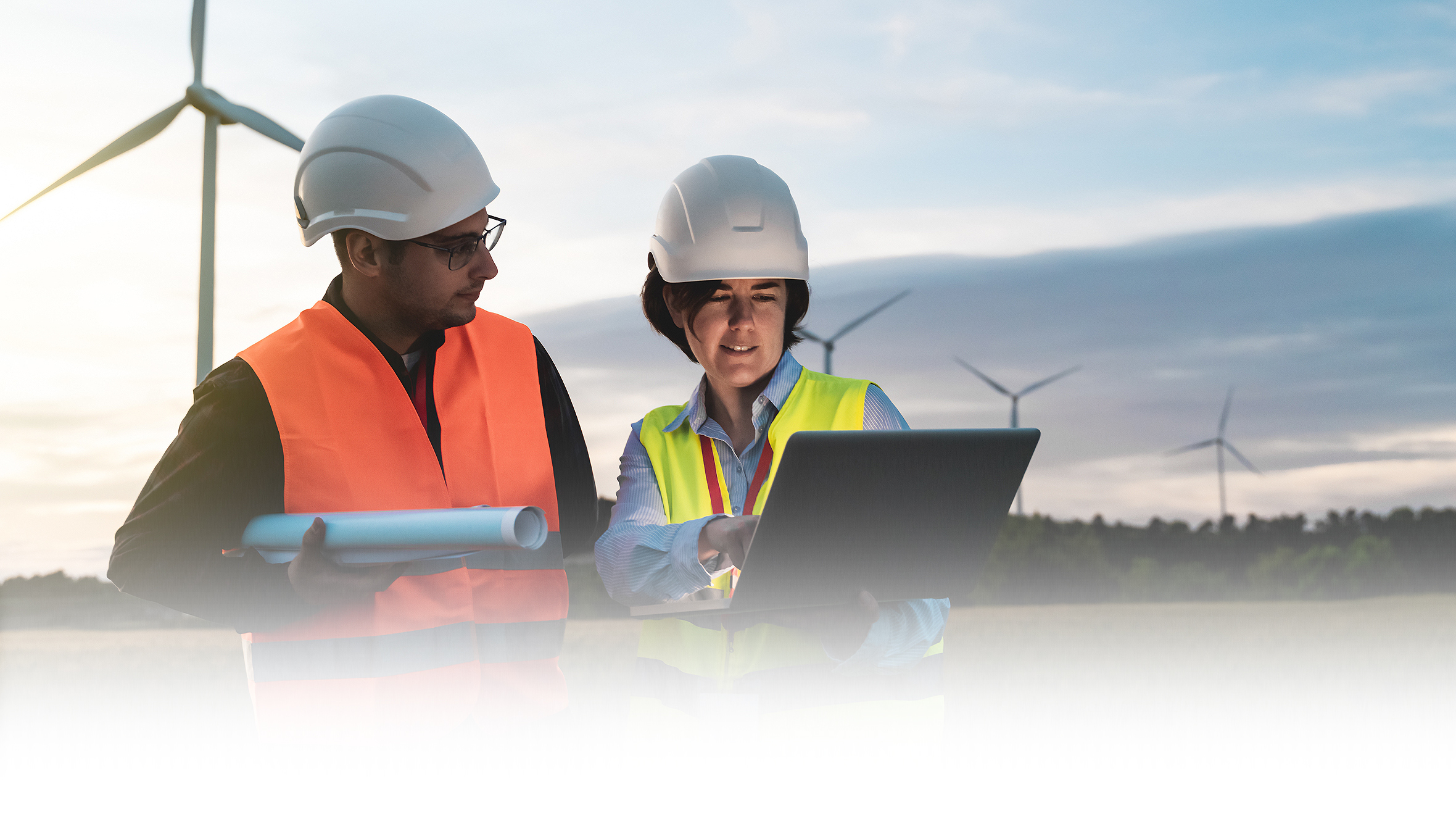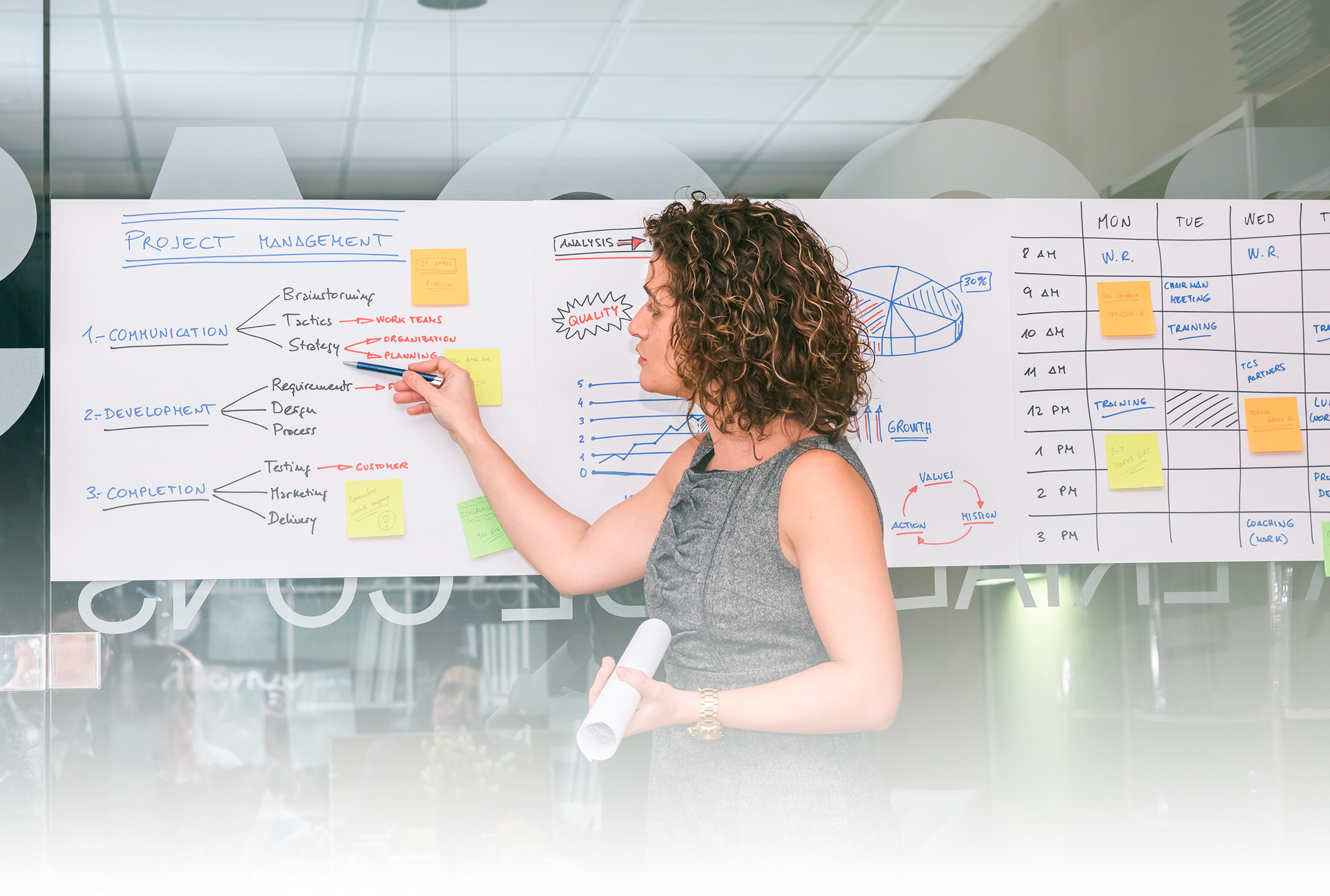Smart Cities: The Future of Urban Planning
Smart cities integrate information technology and the Internet of Things (IoT) to optimize city services and connect with citizens.
Technology
February 11, 2025
10 minutes read

“”
By leveraging the expertise of IT consulting providers, smart cities can achieve faster implementation, reduced costs, and more efficient, sustainable urban environments.
Smart cities are revolutionizing urban planning. This transformation is enabling cities to become more efficient, sustainable, and responsive to the needs of their residents. This happens due to the integration of advanced technologies such as IoT, AI, and data analytics into the urban environment.
By leveraging the expertise of IT consulting providers, smart cities can achieve faster implementation, reduced costs, and more efficient, sustainable urban environments. These partnerships are essential for navigating the complex challenges of smart city development and ensuring successful outcomes.
What are smart cities?
A smart city is an urban area that utilizes technology and data collection to improve quality of life for its citizens. This cities drive sustainability and efficiency of city operations. They use advanced technologies and data-driven solutions. This creates a connected system that meets the needs of its users.
Smart cities integrate information technology and the Internet of Things (IoT) to optimize city services and connect with citizens. The European Commission defines a smart city as one where traditional networks and services are made more efficient through digital solutions.
The main goal of a smart city is to create a technology-based ecosystem that promotes sustainable development and improves the overall functioning of the city. Smart cities aim to reduce environmental impact, increase economic competitiveness, ensure citizen security, and promote transparency in governance.
What are the key characteristics of smart cities:?
Connectivity: IoT networks collect and transmit data from sensors throughout the urban environment.
Data-driven decision making: Smart cities use advanced analytics and AI for informed and responsive governance.
Sustainable infrastructure: Smart cities incorporate energy-efficient buildings, renewable energy, and intelligent transportation systems.
Urban Optimization: Smart cities reduce resource usage and ecological footprints and enhance living standards.
Citizen engagement: Smart cities facilitate communication between residents and government, promoting participation in urban planning and decision-making.
Smart mobility: Smart cities integrate public transit, bike-sharing, and autonomous vehicles to reduce congestion and improve accessibility. At the same time, they analyze mobility patterns to improve services and optimize infrastructure.
Enhanced public services: Smart cities improve the delivery of essential services.
How will smart cities revolutionize urban planning?
1. Data-Driven Decision Making
– Smart cities use IoT sensors and devices to collect real-time data on traffic patterns, energy consumption, air quality, and waste management. This data empowers urban planners to make informed decisions. IT optimizes infrastructure and city services dynamically rather than relying on static modes.
AI tools like generative design help planners create different scenarios. This leads to better, more sustainable urban spaces that meet community needs.
2. Sustainable Infrastructure
– Smart technologies facilitate the development of eco-friendly infrastructure, such as energy-efficient buildings, renewable energy systems, and adaptive lighting that reduces energy consumption.
– Digital twins – virtual models of city elements – enable planners to simulate the environmental impact of projects before implementation, ensuring resource optimization and sustainability.
3. Enhanced Mobility
– Intelligent traffic management systems use real-time data to alleviate congestion and improve public transit reliability. For example, AI-based systems like Hangzhou’s “City Brain” have significantly reduced traffic wait times.
– Integration of smart mobility solutions, such as autonomous vehicles and bike-sharing systems, promotes accessibility while reducing carbon footprints.
4. Improved Public Services
– Smart waste management systems equipped with sensors optimize collection routes, reducing operational costs and environmental impact.
– Smart water systems monitor usage and detect leaks in real-time, conserving resources while lowering costs.
5. Citizen Engagement
– Smart cities enhance transparency and citizen participation by using digital platforms for feedback and local governance. This fosters a collaborative approach to urban planning where residents actively contribute to shaping their communities.
6. Resilience and Emergency Management
– IoT technologies improve disaster response by providing real-time data for crisis management. Cities can adapt quickly to emergencies, ensuring public safety and minimizing disruptions.
How does IoT contribute to smart cities?
Data Collection and Analysis
IoT sensors and devices collect real-time data on various aspects of city life, enabling data-driven decision-making. This information helps city officials identify bottlenecks, optimize resources, and make informed choices for urban planning and management.
Smart Energy Management
IoT systems help cities manage energy requirements more efficiently. Smart grids powered by IoT optimize energy distribution, integrate renewable sources, and respond dynamically to demand. Smart meters provide real-time data on energy usage, enabling efficient resource management and personalized consumer insights.
Intelligent Transportation
IoT in engineering can be used to enhance transportation systems in several ways:
– Smart traffic management systems use sensors to analyze traffic patterns, optimize signal timing, and reduce congestion.
– Connected public transport provides real-time updates on schedules and occupancy, improving service efficiency.
– Smart parking systems guide drivers to available spots, reducing traffic caused by searching for parking.
Environmental Monitoring
IoT sensors monitor air quality, pollution levels, and other environmental factors. This data helps cities implement pollution control measures and improve overall environmental conditions.
Waste Management
Smart waste management systems use IoT sensors to optimize collection routes and schedules, reducing operational costs and environmental impact.
Public Safety
IoT enhances public safety through smart surveillance systems and improved emergency response capabilities. For example, fire and smoke detection systems can quickly alert authorities to potential dangers.
Infrastructure Management
IoT technology monitors and manages city infrastructure, including bridges, roads, and buildings. This proactive approach helps identify maintenance needs and prevent potential failures.
Citizen Engagement
IoT-powered applications and platforms facilitate communication between residents and city officials, promoting participation in urban planning and decision-making.
What challenges do cities face when implementing smart cities?
Infrastructure and Technology
There is a lack of adequate infrastructure to support smart technologies. Moreover, high costs are often associated with upgrading existing systems and deploying new sensors. Insufficient network connectivity to handle the massive data flow is also a present struggle, as are interoperability issues between different systems and platforms.
Financial Constraints
Significant budget requirements for implementation and maintenance represent a pressing challenge. There is also difficulty in securing funding from various sources. Knowing this there is the need for sustainable financial models to support long-term development.
Data Management and Security
Privacy concerns and data security risks are at the core of smart city development. There are big challenges in protecting large amounts of collected data. Cybersecurity threats to connected city systems are also serious problems.
Governance and Policy
There is a general lack of clear and specific objectives in smart city development plans. As this trend materializes, the need for new regulatory frameworks to address emerging technologies appears. As such, there are challenges in coordinating between public and private sectors.
Social and Human Factors
The digital divide does not yet allow for inclusivity for all citizens. Resistance to change and lack of citizen support can be barriers to smart city projects. There is often not enough capacity and expertise to carry out these initiatives.
Strategic Vision and Planning
There is still some ambiguity in defining what constitutes a “smart city”. Aligning smart city projects with local needs can be hard. There are also challenges in making these solutions work in the future.
Can an IT consulting provider help implement a smart city?
Strategic Planning and Vision
IT consultants help cities design clear visions and roadmaps for smart city projects. They can assist in defining long-term goals and visions for the smart city. Moreover, they can develop customized strategies tailored to the city’s needs and create action plans and roadmaps for implementation.
Technology Selection and Integration
IT consulting can help find the best technologies and vendors. It ensures smooth connections between smart devices, platforms, and older systems. It also solves interoperability issues with API integrations and middleware solutions.
Data Management and Security
IT consulting services develop frameworks for data collection, storage, analysis, and security. They can help implement robust cybersecurity protocols to protect critical infrastructure. Moreover, they can establish data governance frameworks that ensure ethical use of citizen data.
Project Management and Implementation
Consultants offer support in monitoring and managing the implementation of smart city strategies. They identify and mitigate risks during project execution. They can also provide valuable help in evaluating results and adjusting strategies for continuous improvement.
Stakeholder Management and Engagement
IT consulting providers assist in collaborating with various stakeholders, including politicians, administrators, businesses, and citizens. These companies can help in organizing workshops, training sessions, and information events to increase awareness and engagement. They can also help in developing communication and participation strategies to ensure broad acceptance of smart city initiatives.







